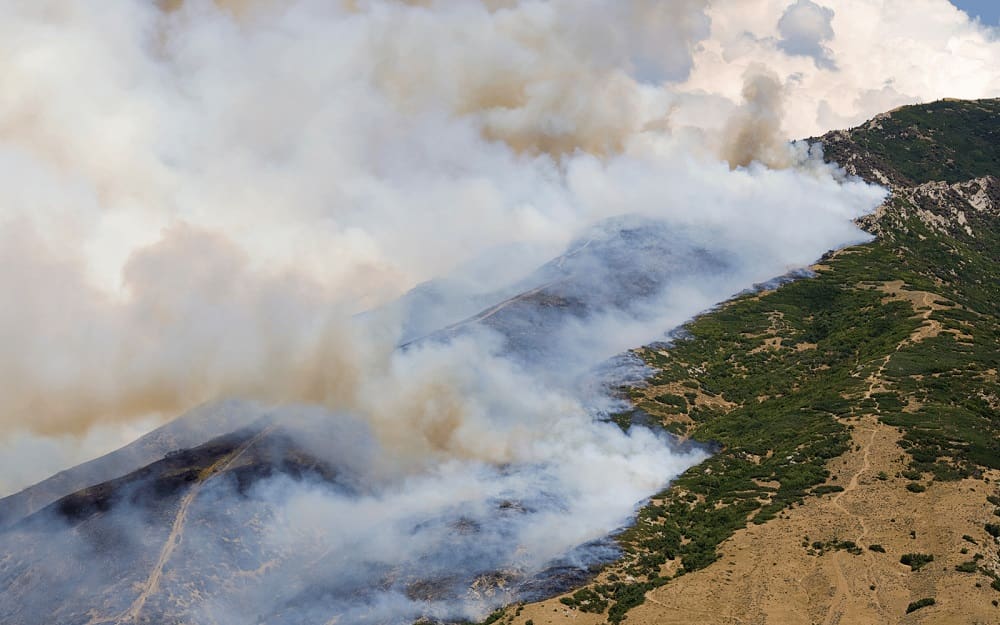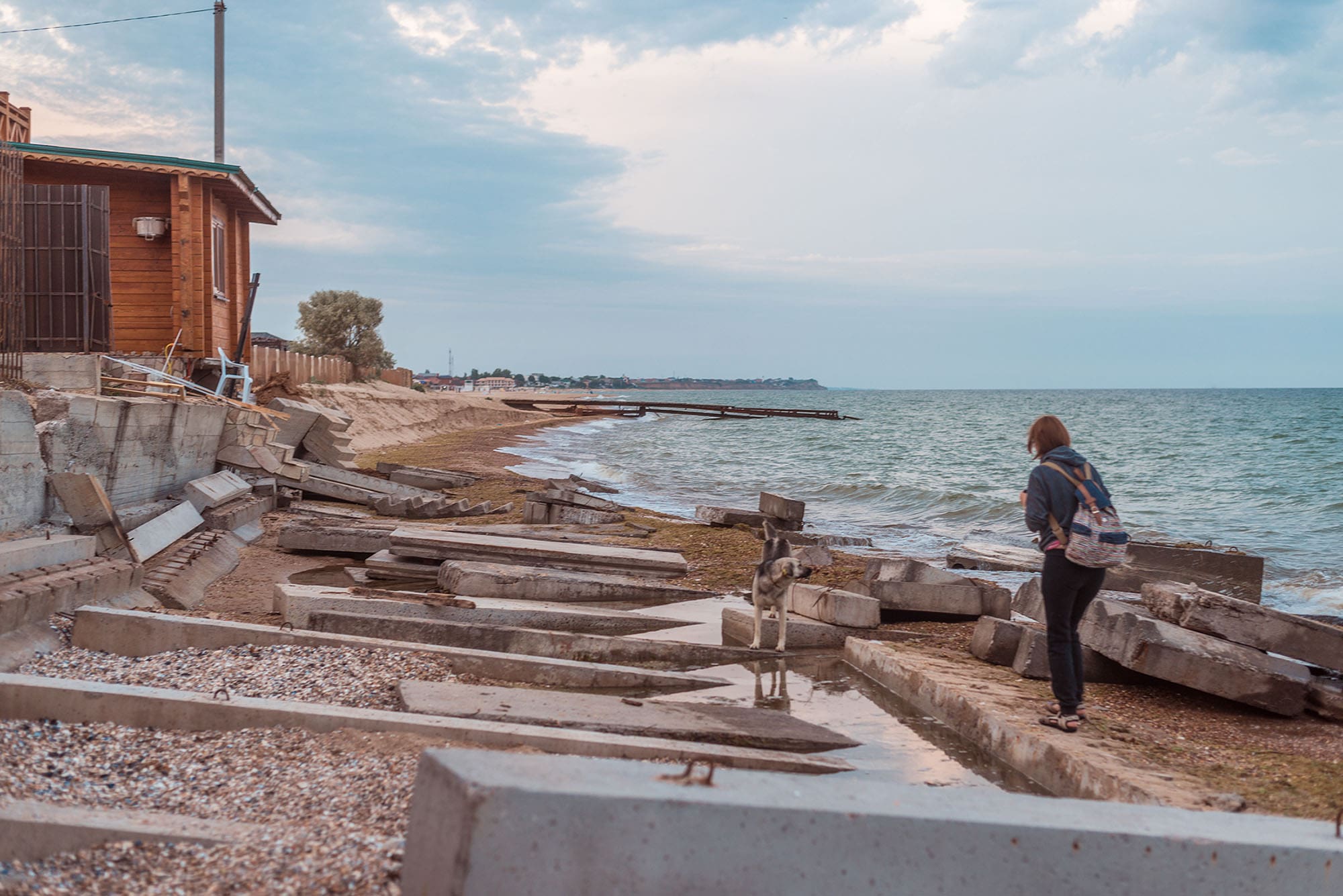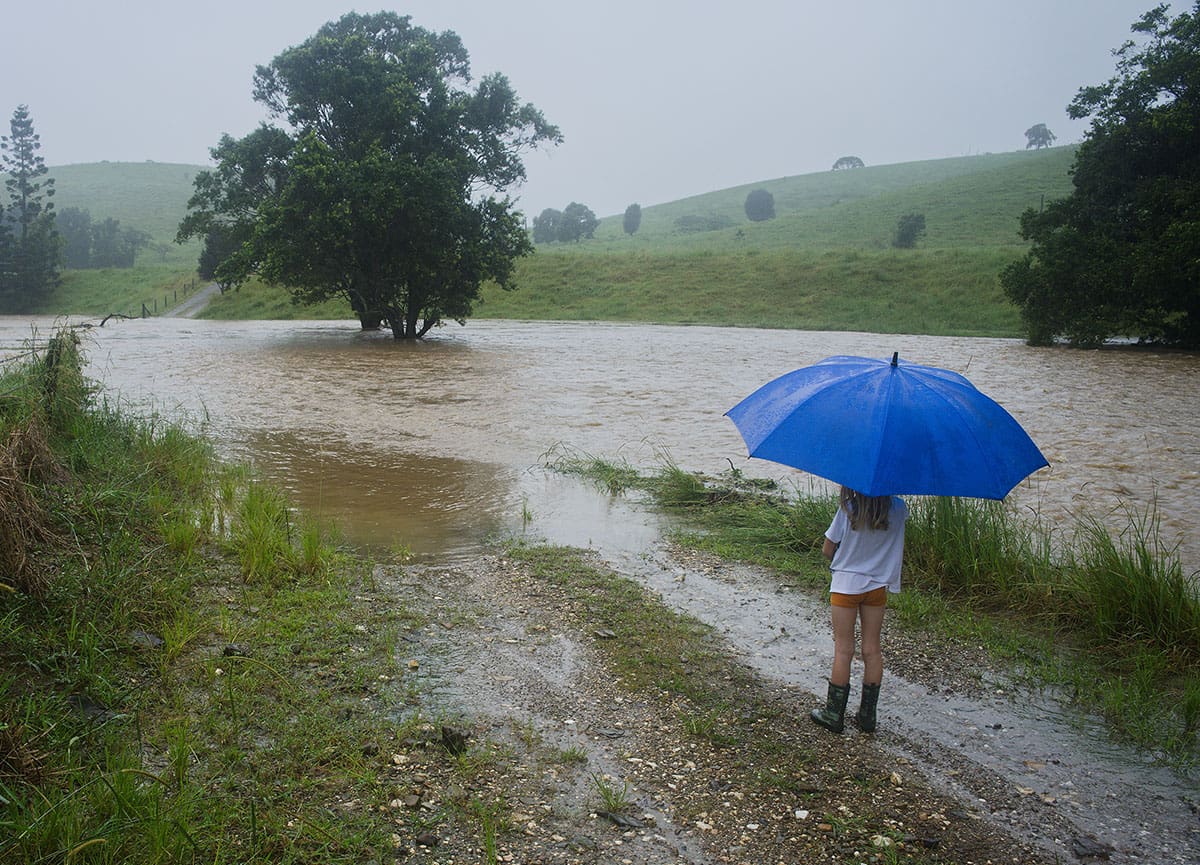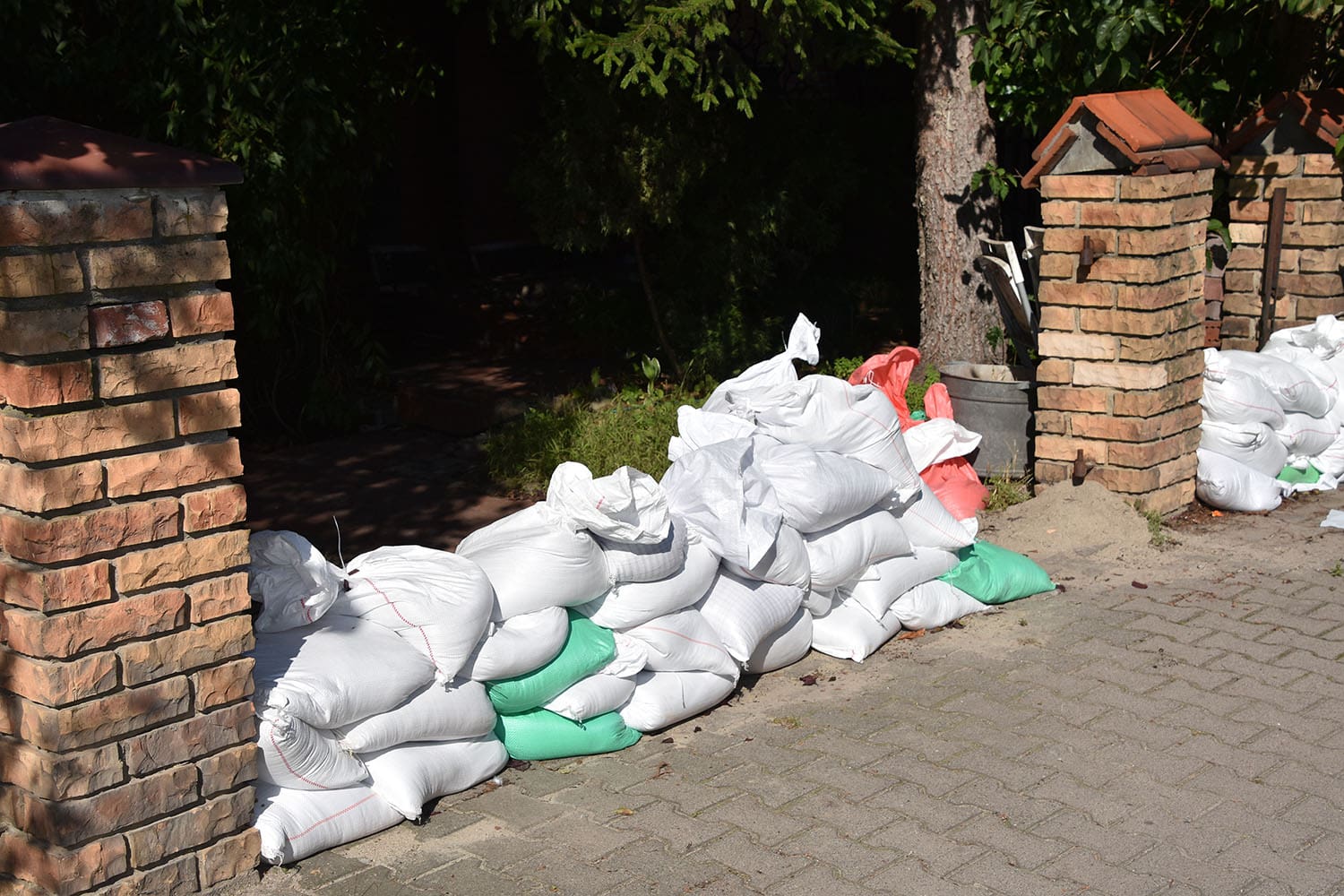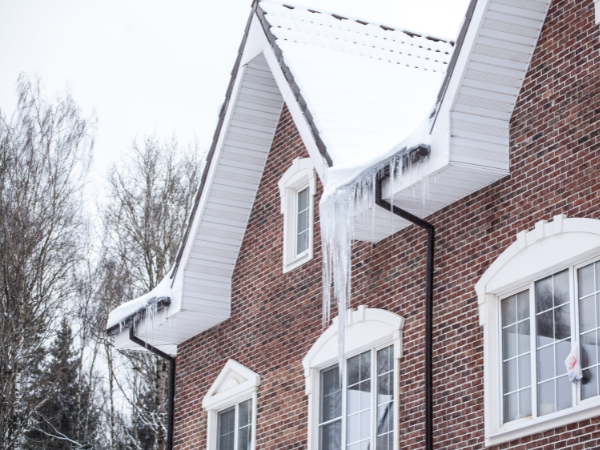Ensure you’re covered properly for wildfires
Wildfires across the U.S. continue to increase in frequency and severity due to sustained climate change, which creates more favorable conditions for fires to burn. Fueling the fires to burn quicker and spread rapidly are higher temperatures drying out vegetation, higher wind speeds, and reduced precipitation in certain parts of the country.
Overall, climate change is increasing the prevalence of wildfires by creating more favorable conditions for their occurrence. If the world continues to experience warming temperatures and extreme weather, wildfires will continue to be a significant threat to communities and ecosystems across the globe. Therefore, it’s crucial to ensure that your property and assets are properly covered by your insurance policies.
Ensure you’re adequately covered in the event of a wildfire
Dwelling coverage: This provides protection for the structure of your home, including repairs if your home is damaged or destroyed in a wildfire. Make sure that your dwelling coverage is enough to rebuild your home from the ground up in case of a complete loss.
Personal property coverage: This covers the personal contents in the home that are not permanently attached or fixed to the dwelling structure. Be sure to review your home contracts, as many times there are sub-limits for personal property, including jewelry, electronics, and more. Take an inventory of your personal belongings and ensure that your policy provides enough coverage to replace all your items in case of a loss.
Additional living expenses: If you are forced to evacuate your home due to a wildfire, additional living expenses coverage can help cover the cost of temporary shelter, food, and other expenses while you are away from your home.
Liability coverage: This protects you if someone is injured on your property. Make sure your liability limits are enough to protect you from any potential lawsuits or claims. We recommend consulting with your financial advisor and taking into consideration your current assets, invested assets, and future potential earnings when determining the most appropriate amount of coverage.
Special considerations: Depending on where you live, certain policy provisions may be necessary to ensure full coverage. For example, if you live in an area prone to wildfires, you may need additional coverage for smoke damage or debris removal.

Dwelling coverage tip: Make sure you have up-to-date valuations for your property, so you’re not left underinsured. Take into account the current economic state. (For example, in an inflationary environment, consider higher costs for catastrophic loss and debris removal
Liability coverage note: Nuclear verdicts (jury verdicts over $10 million) are on the rise, so it’s essential to be properly covered.
Note possible exclusions in your policies
It’s important to note that some insurance policies may include exclusions related to wildfires. These can vary depending on the policy and the insurance company, but generally, common exclusions may include:
Neglect or failure to maintain the property: If the insurance company finds that the property owner neglected to trim trees or keep the yard clear of debris, they may deny coverage for damages caused by a wildfire.
Intentional fires: If a fire is intentionally set by the policyholder or someone acting on their behalf, coverage may be denied.
Unoccupied homes: If the property is left vacant for an extended period, the insurance company may deny coverage for damages caused by a wildfire.
Natural disasters: Some policies may have exclusions for damages caused by specific natural disasters, such as earthquakes or floods, which may be common in wildfire-prone areas.
Take steps to help safeguard your personal property, assets, and future
- Review and update your policy annually: It’s essential to review your policy with your advisor annually and update your coverage as necessary to ensure that you always have adequate protection in the event of a wildfire or other disaster.
- Prepare your home in wildfire-prone areas: There are steps you can take to protect your home and assets. Though no building is completely fireproof, taking precautions can help protect your home or business from the worst possible outcome.
- Create an emergency preparedness kit: You never know when disaster will strike, and this is especially true for wildfires. They provide little warning that they’re coming and can be extremely destructive. It’s crucial to always be prepared for the unexpected with an emergency preparedness kit that includes supplemental items for those in wildfire-prone areas.
Work with your insurance advisor to perform a review of your policies to help ensure you have proper coverage for various potential weather events.
For more information
We’re ready to help when you are. Get in touch and one of our experienced Baldwin advisors will reach out to have a conversation about your business or individual needs and goals, then make a plan to map your path to the possible.
This document is intended for general information purposes only and should not be construed as advice or opinions on any specific facts or circumstances. The content of this document is made available on an “as is” basis, without warranty of any kind. The Baldwin Insurance Group Holdings, LLC (“The Baldwin Group”), its affiliates, and subsidiaries do not guarantee that this information is, or can be relied on for, compliance with any law or regulation, assurance against preventable losses, or freedom from legal liability. This publication is not intended to be legal, underwriting, or any other type of professional advice. The Baldwin Group does not guarantee any particular outcome and makes no commitment to update any information herein or remove any items that are no longer accurate or complete. Furthermore, The Baldwin Group does not assume any liability to any person or organization for loss or damage caused by or resulting from any reliance placed on that content. Persons requiring advice should always consult an independent adviser.
